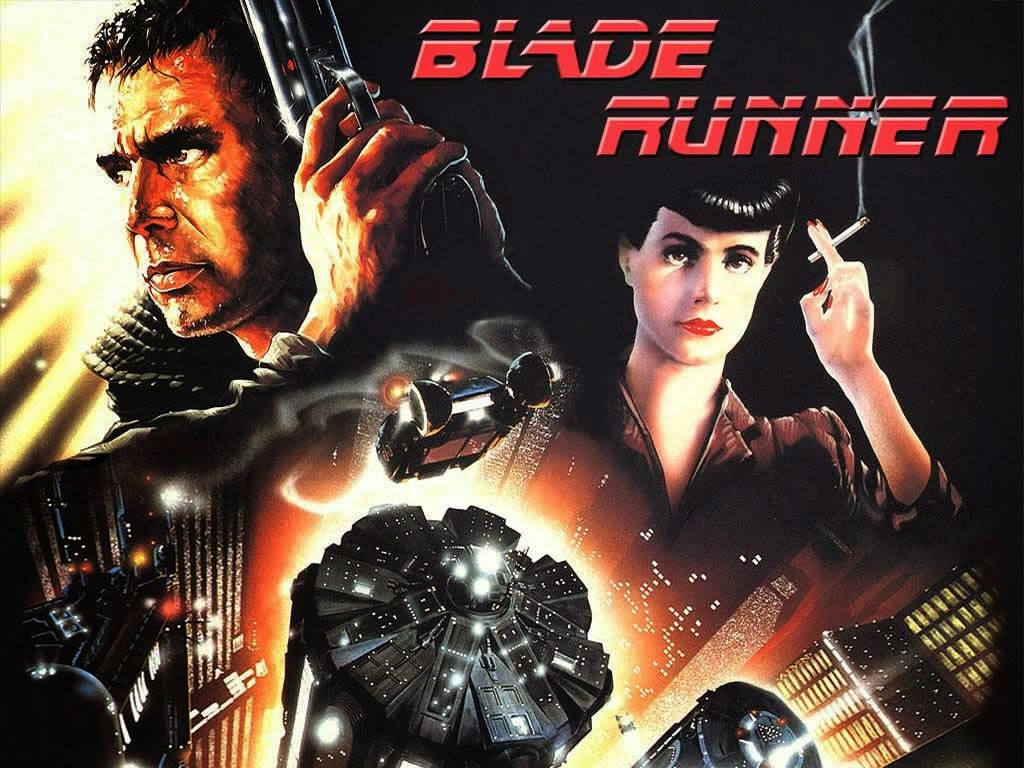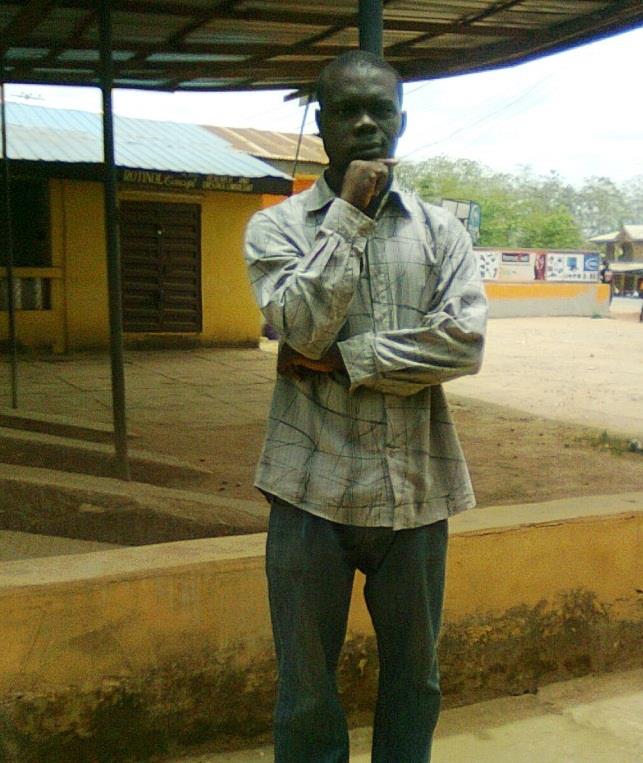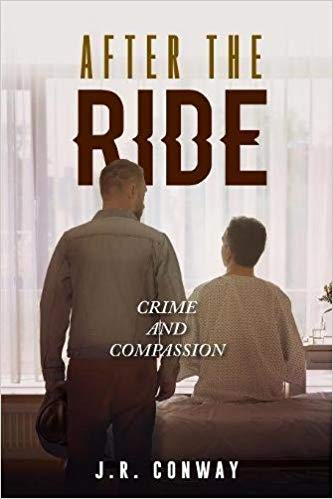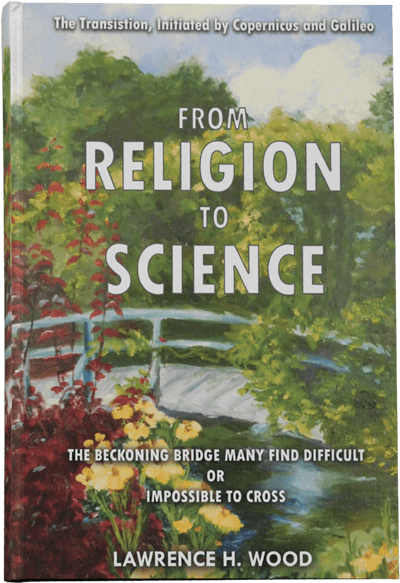From the Ashes
For over a week curious swellings converge
and disperse just beyond the scope of my
sight. My cat has seen them too – halting in
mid play – her golden eyes dissolving –
drowning in black pools.
Yesterday I stood beside the wharf assimilating
as much of the sea as I could without drowning.
Beside me – the scarlet remains of a small bird –
intestines strewn around it like some forgotten
sacrifice – hollow head wells of two black holes.
I refused to look away – steeling my veins to be
stoic in the face of such inevitable decay. On
the other side of the wharf a squalling gull
rode the rigid back of an unwilling mate with
a ruckus of white capped flapping wings.
This morning the fog enfolded the wharf with
a distant echo of wings. The little bird was gone.
Canoers – orange jacketed – in synchronized
strokes floated by – shoulders – fingers – oars –
oiled engines dipping in and out to stoke the sea.
Veins a honeycomb of absence – I sit beside
this window watching wildfire smoke and fog
descend like a hungry mouth. I wait here at
the bottom of this well – the cat curled – purring
on my chest. As I bury my cheek in soft black fur
a familiar fragrance lifts – almost solidifies – as if
she had just come from someone else’s arms –
absorbed their heat – its rekindled embers rising –
infused with the aroma of your hands.
Little Lives
The eyes in the dark – the hands
that cling to steering wheels
like scarves wound around
throats caught in the spokes
of speeding tires.
Each little life passing –
cumulous – snug as a tourniquet.
Multitudes of voices – a choir
of laments sung in secret.
The groaning globe strains
to stay afloat on its axis.
It’s for the wounded I weep –
the cuts – the bruises running deep –
the pain that won’t relent – the cruel
voices that won’t
still or repent –
the lies that were invented to keep us
all afloat while we watch the honeycombed
procession of holes buzzing
in the bottom of the boat.
Every expectation slices
knife like within – the blood let
rejoices singing hymns with such
sweet acceptance as it blooms –
luminous and resigned
across our howling skins.
We were spewed into this world –
clawed out way out of pits a spade
could never comprehend. Paced
empty rooms – reclined and rose
up again – turned in twisted sheets
waiting for long and ravenous nights
to end.
With grifter hands the wind rakes by –
its stiff fingers slapping tree trunks –
an old jazz man strumming on fence posts.
What it shakes falls – what it takes crawls
the tattered skies – shuffles down like blue
notes on all the little lives.
Mirror Image
In the bus shelter beneath the thumb of sun –
weighted – pressed down – we wait – seated
reflections in the glass – for the bus to come.
Beside me sits a small bearded hill – soiled
clothes mud caked around him. With each
breath he takes a fetid aroma flumes. We
share hellos. I wrestle with the urge to wait
outside but I straighten my back and remain.
When the bus cuddles up to the curb I take
a seat and a deep breath inside next to a
dirty window and close my eyes. The next
stop a man who spends long nights inside
his clothes steps on and sits beside me as
his fragrance travels on taking a seat at
the back of the bus. Conversations nose
up and down the aisle as if thrust from a
vintage machine. A stray gnat settles in for
a nap on the lap of my white capris. I sweep
it away wedging gnat limbs deep beneath my
nail and on my pants a last breath of crushed
green. On worn blue seats we follow a seam –
stopping at well marked stops – propelled
by a familiar but distant driver who calls out
their names – treadles to start us all up again.
I could ride here forever – the world falling
away in folds like printed fabric – growing
fond of even this aroma of decay. Alone yet
not alone – a face fading in an eternal loop –
a vanishing reflection upon a glass pane.











